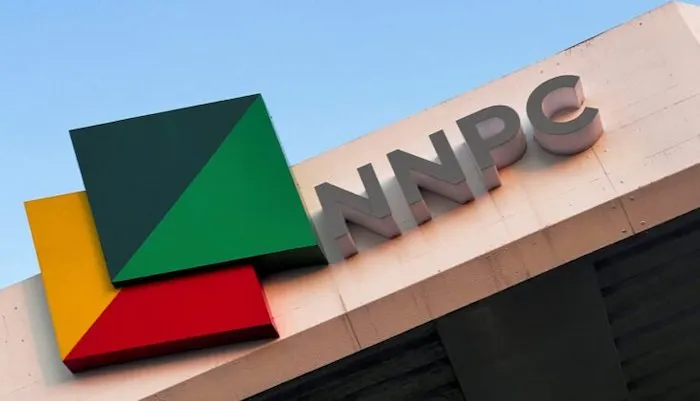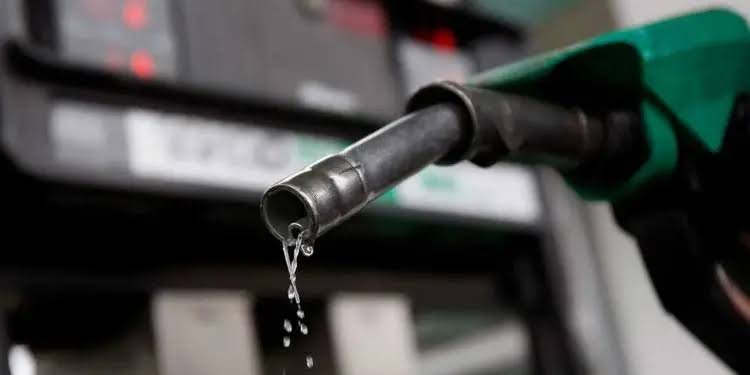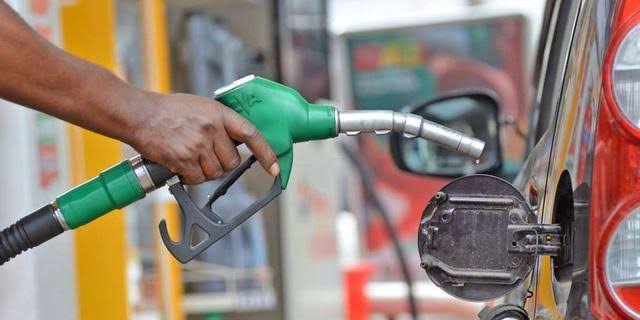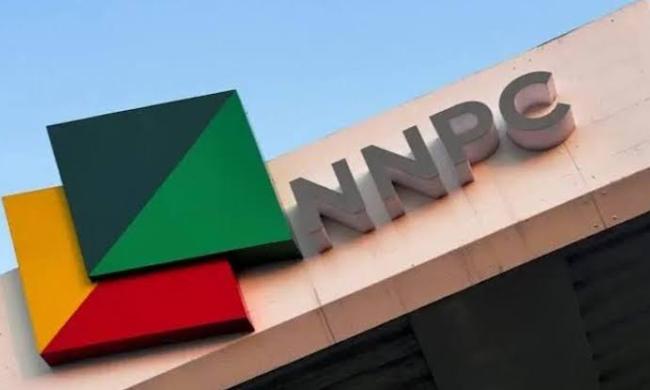Let’s cut President Bola Tinubu some slack. Yes, he is also the Minister of Petroleum. But he cannot be everywhere or know everything. That is why he has a Chief of Staff and designated somebody a Minister of State for Petroleum Resources.
As Chief of Staff, Femi Gbajabiamila is virtually the alternate president. He determines what the president will handle or read, who he sees and what subject to address.
For Heineken Lokpobiri, Petroleum Resources is his primary assignment. He only has to report to his principal, the President. Yet, the heist recently unraveled at the state oil company, Nigerian National Petroleum Company Limited (NNPCL), was so brazenly executed.
Even before Mele Kyari was appointed by former President Muhammadu Buhari, they knew how the oil industry was in rot and how the recurring issue of turn around maintenance of the long dilapidated refineries had become a drain pipe where NNPC and its collaborators brazenly bled the nation without any fear of repercussions.
In June 2023, President Bola Tinubu dissolved the boards of many parastatals, including those of NNPC, but Mele Kyari remained as Group Managing Director. Four months later in October, 14 chief executives of agencies of the federal government were sacked. Again, remained Kyari.
It took the orchestrated campaign against Aliko Dangote and his mega refinery which had come on stream for NNPC to dominate the media space. Its top management sold pathetic tales of how Dangote products were substandard, a story that did not resonate with the people. Again, it took the failure of the campaign against Dangote Refinery and supply of petrol to the market almost seamlessly by the company for what was touted as the real rehabilitation of the long abandoned refineries to begin.
Then from a loss of N803 billion in 2018, brought further down to N1.7 billion in 2019, NNPC posted an unprecedented and first ever operational surplus, what it called ‘profit’ of N287 billion in 2020. The following year, the ‘profit’ went up to N674.19 billion.
It was a turnaround that may have impressed Tinubu to approve the TAM of the moribund refineries against the backdrop of the compelling argument by NNPC technocrats that it was unhealthy and dangerous for Dangote Refinery to be the sole producer of refined products in the country.
In the latest round of round tripping and merry go round in the name of TAM, $3 billion was approved for the streaming of the refineries in Warri, Port Harcourt and Kaduna. Kyari and his team knew it would be a tough sell to make Nigerians buy into the tale of successful resuscitation of the refineries and were prepared to fight back.
When former President Olusegun Obasanjo led criticism of the incredulous claim by Kyari that “trucks have began loading petroleum products which include Premium Motor Spirit (PMS) or petrol, Automotive Gas Oil (AGO) or diesel and Household Kerosene (HHK) or Kerosene, while other products slates were to be dispatched as well”, he was invited to tour the refineries. Kyari arranged extensive media tours to convince Nigerians that the hoax was real.
All that changed on April 3, 2025 with the sack of Mele Kyari for the Pandora Box to be opened. The purported rehabilitation of the refineries was a well scripted hoax. No TAM was carried out in any of the refineries as had been the case in previous exercises. It was a daring trick from their old book on frauds.
Since the refineries were systematically destroyed, NNPC has been a huge crime scene, a stupendous criminal organisation where the management teams took turns to rip the country off.
It did not matter that Nigerians were having a nightmare dealing with the perennial fuel scarcity for over 20 years that had cost many lives. What mattered was what they made out of the people’s discomfort.
According to the Economic and Financial Crimes Commission (EFCC), over N80 billion was stashed in the account of the managing directors of one of the refineries. That was just funds that had been tracked. The property and other investments from the heist are yet to be tracked.
As horrendous as it is, it is not just about Kyari and his bunch of journeymen. It had been going on over the decades. And not only at NNPC. When Kyari was left on the job at the time 14 CEOs were sacked, it did not add up. There was no logic to that decision.
Beyond the NNPC itself, a network of high octane manoeuvre characterises decisions in the oil industry.
Dismissing apparently misleading reports that he had been detained, Kyari dared the security agencies to bring it on. He knew what he was saying. The rot he inherited had been going on well before his time as GMD. What happened under his watch had been going on decades before his time. Nothing happened to the perpetrators at the time and there is no reason his case will be different.
It will be very exciting to probe and prosecute persons that will be indicted in mindless looting in the name of TAM. It is desirable. But the chain of people that will be implicated will weigh too much on the system for a thorough and transparent investigation to be conducted. Nigerians should be spared the trauma of periodic scandals in the oil behemoth.
If only late President Umaru Yar’Adua had not cancelled the privatisation of the refineries carried out by his predecessor, Chief Obasanjo. President Tinubu should take the bold decision and privatise the assets this time.
If the saying that government has no business in business is true, it finds full expression in NNPC. Any arrangement that will wean the refineries from the control of NNPC will bring a new era of stability and competition to the refining industry, the argument, perhaps, used to impress Tinubu into releasing the $3 billion has now gone down the drain.








